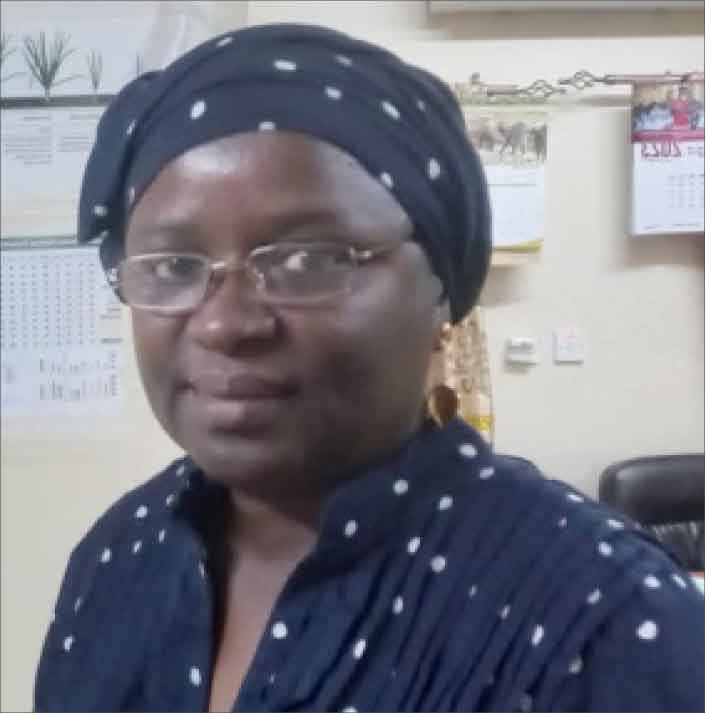By Lamin Kujabi
The Director of Horticulture and Technical Services at the Department of Agriculture has said that horticulture offers strong opportunities to transform the Gambia’s agricultural sector and rural economy. He observed that for improved horticulture production techniques as large scale market-oriented enterprise, the country needs to modernise the sector, particularly the promotion of value chain development.
Mrs Ramata Gigo was speaking in an exclusive interview with Gambia Daily. She noted that horticultural production in this country is more intense during the dry season, and that at the moment onion is the leading vegetable produce in all the regions of the country.
Mrs Gigo lamented the fact that despite the vegetables are being cultivated here, much of it is being imported. “The nature of vegetable production in The Gambia is such that it is normally in the form of subsistence farming, and not commercial. It is dominated by female farmers, on small plots within communal gardens and is mainly limited to the dry season,” she explained. She added that the gardening is done in three, five or seven hectares, depending on the plan of that community.
On the challenges of vegetable production, Director Gigo pointed out that the production is active only during the dry season, because women farmers who are into this vegetable production are the same farmers who are into rice production. “For rice production they rely on rainfall to irrigate their farms; so during the rainy season they just overlook vegetable production and concentrate on rice production,” she stated.
Further on the factors hindering large scale vegetable and all-year-round production, the Director explained that during the dry season vegetable producers tend to work as a group, start cultivation together, harvest together and visit the market at the same time because there are no enough storage facilities or standard cooling systems in the country. “They sell their produce at a give-away price to avoid wastage as vegetables easily get spoilt,” she added.
The other issue with vegetable production in the country, Ms Gigo highlighted, is related to financing, indicating that horticulture production in the country is mainly project-funded. She advised that more Gambians are capacitated and empowered to invest in large scale sustainable vegetable production to ensure sustainable livelihood.
The Director General finally urged Government to help address productivity in the sector and to connect small holders to high value horticulture and markets, as well as transform the sector to become sustainable, modernised, diversified, and export-oriented




